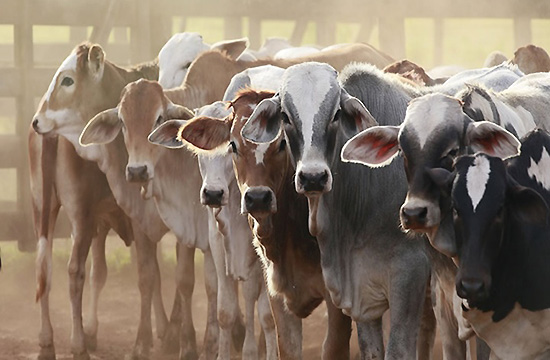
The challenge of production approaches in food production is multifaceted, encompassing industrialized, super-intensive, sustainable, organic, and regenerative methods. Transitioning to sustainable practices requires overcoming technological, financial, and societal acceptance challenges.
The historical context emphasizes the need for accelerated change towards more sustainable and regenerative production approaches.
Balancing food production with climate change presents a complex challenge. Conventional methods have led to deforestation, soil degradation, water pollution, and greenhouse gas emissions.
The reliance on chemical fertilizers and pesticides disrupts ecosystems, reducing biodiversity. Shifting towards sustainable, organic, and regenerative practices is essential to mitigate environmental degradation and promote biodiversity.
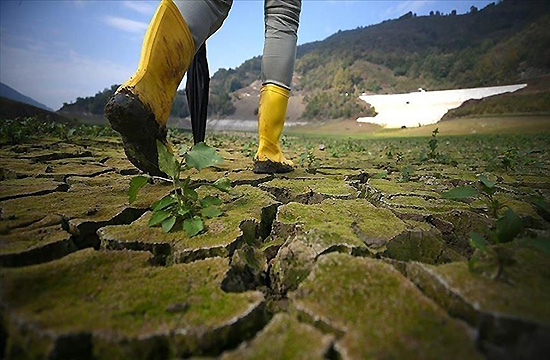
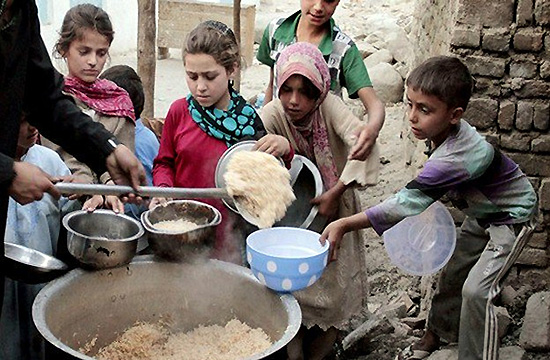
The interconnected nature of food production and climate change is evident as the global population grows, increasing the demand for food, particularly protein-rich diets. However, traditional methods have taken a toll on the environment, necessitating a shift towards sustainable solutions.
The far-reaching consequences of unsustainable food production practices underscore the urgency to address this challenge.
The delicate tightrope of food production and climate change demands immediate attention. Unsustainable practices have pushed the planet to the brink, threatening ecosystems, biodiversity, and human well-being.
Recognizing the causes, impacts, and barriers associated with food production can pave the way for sustainable solutions. Prioritizing regenerative and organic farming practices is crucial for protecting the planet's health.
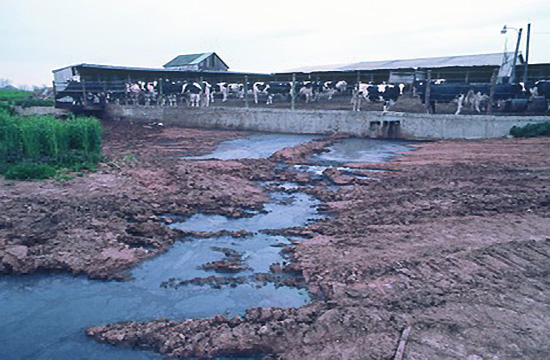
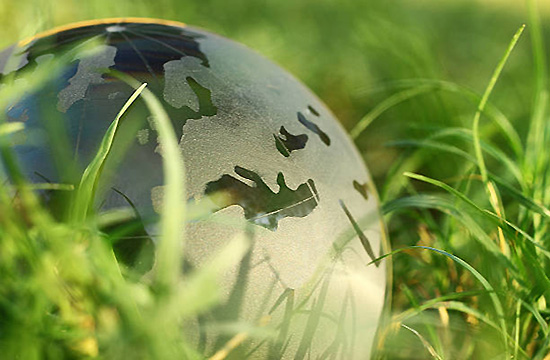
Navigating the path to sustainable food systems involves embracing sustainable, organic, and regenerative practices. Shifting towards these methods is essential to mitigate environmental degradation, promote biodiversity, and ensure the long-term sustainability of food systems.
A more sustainable future can be achieved by raising awareness, driving consumer demand, and advocating for policy changes.

